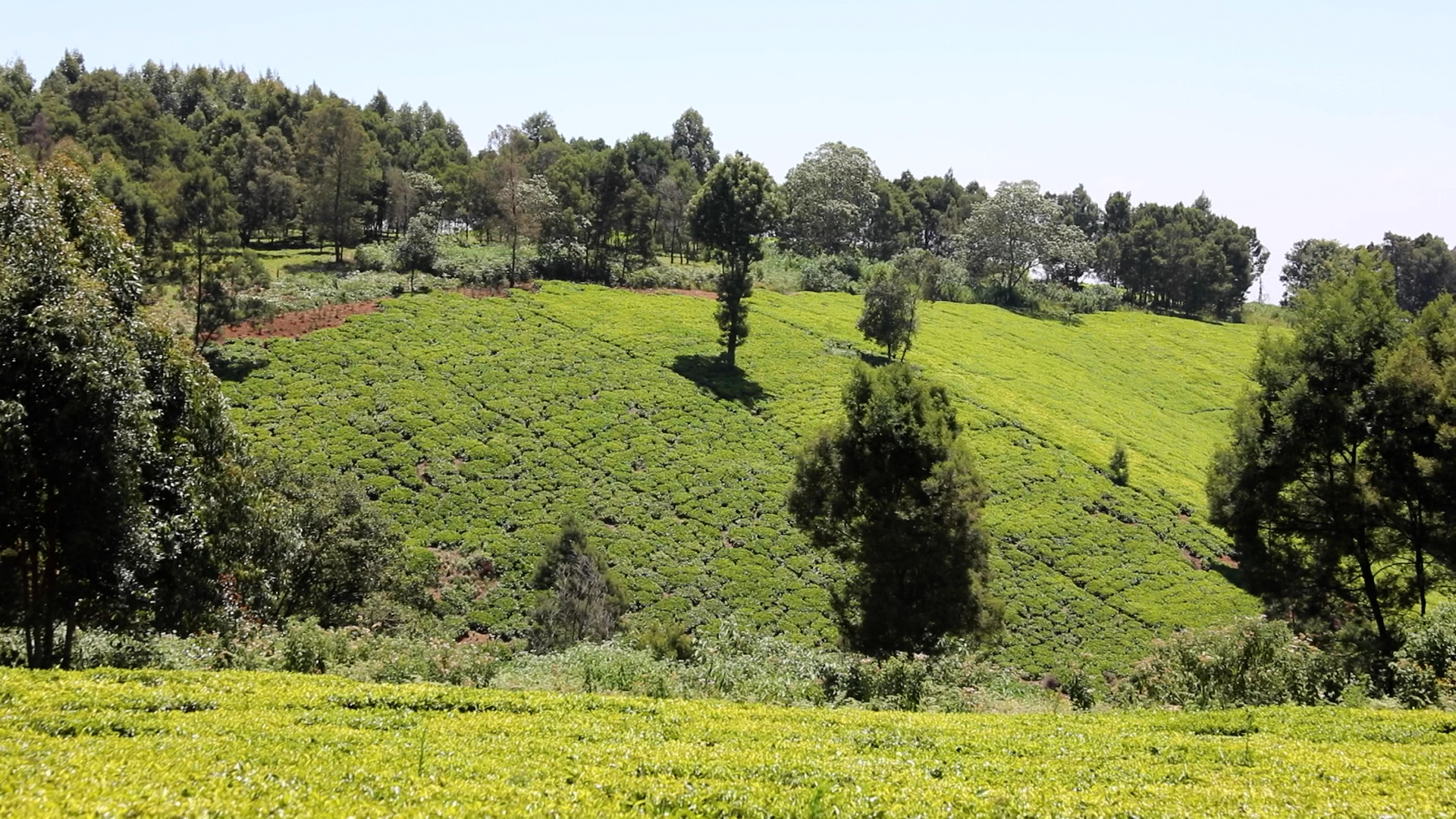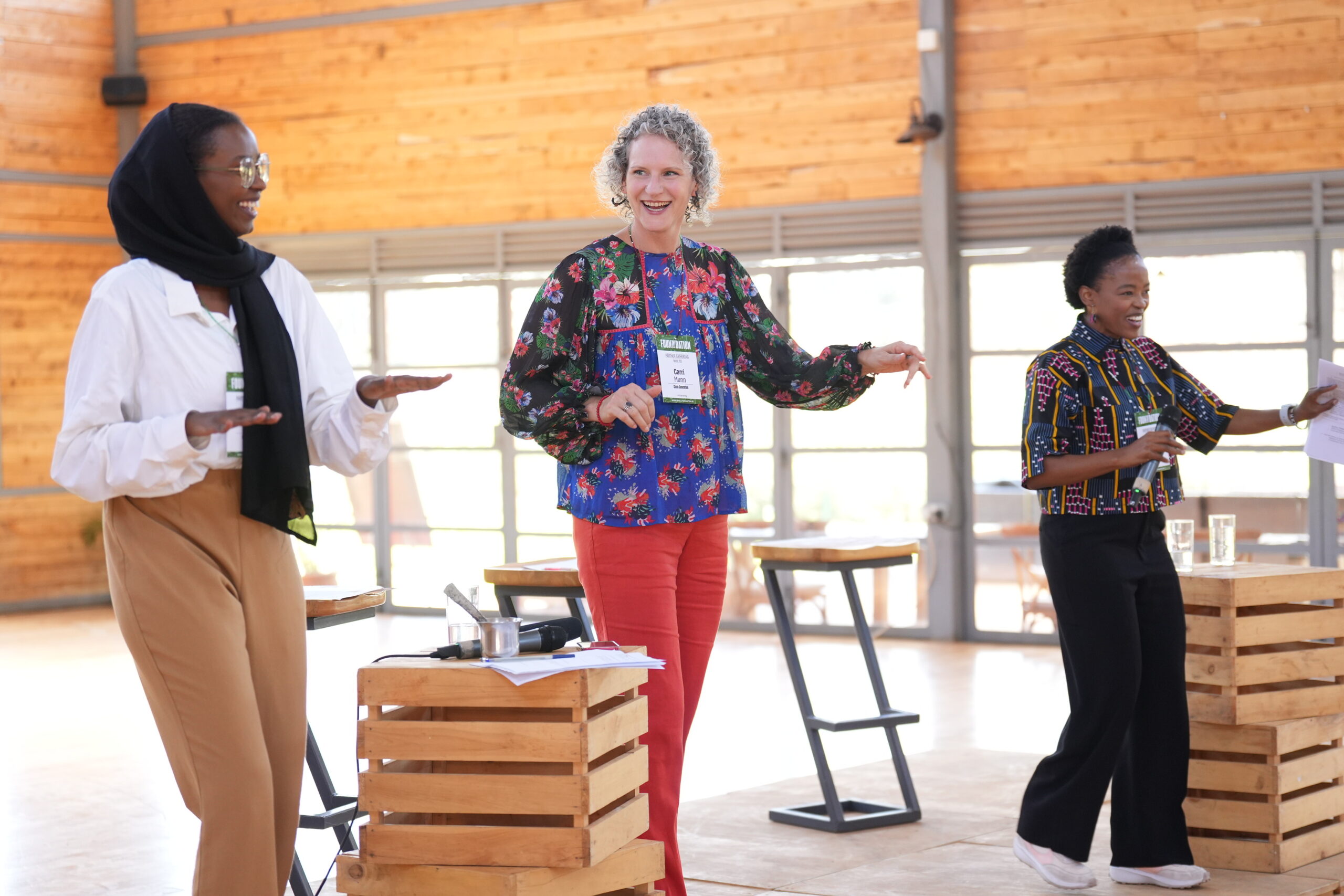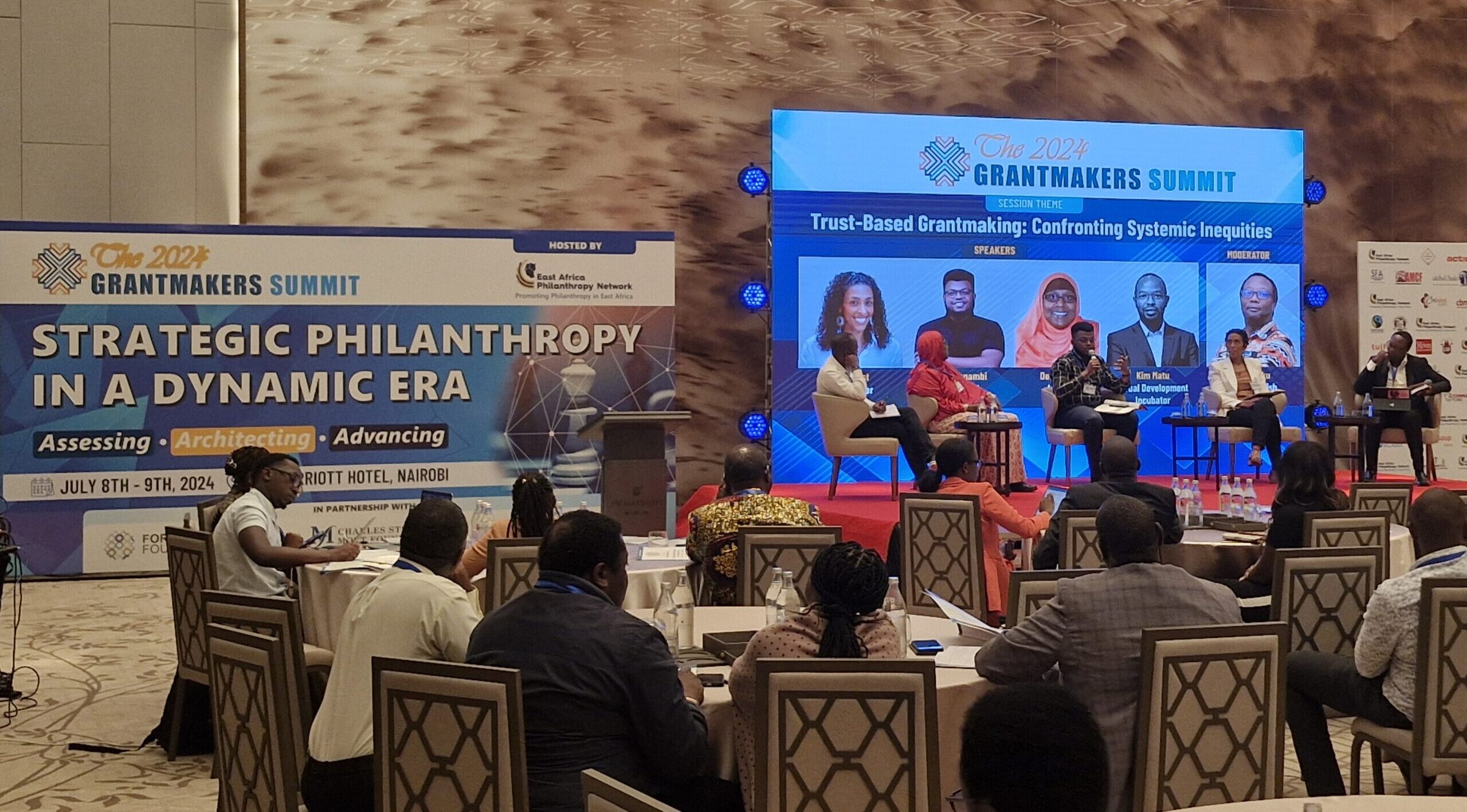
Koma Capital: small-scale guarantees with larger potential
Small Foundation is partnering with Koma Capital on a pilot initiative to support non-bank financial institutions (NBFIs) to better serve rural small and medium-sized enterprises (SMEs) and women-led businesses (WLBs). Koma Capital is dedicated to mobilising gender and climate-smart capital for SMEs and WLBs, particularly in underserved markets through strategic credit guarantees and targeted technical assistance.
Access to working capital remains a persistent challenge for rural SMEs and WLBs across sub-Saharan Africa. Despite these businesses playing a vital role in local economies, they often sit outside the reach of traditional lenders. Many are early-stage, informal, lack collateral or operate in areas with limited financial infrastructure, making them appear too risky and leaving them with limited financing options.
A guarantee serves as a vital safety net for loans. In the event a borrower defaults, the guarantor intervenes to cover a portion or the entirety of the outstanding debt. As a result, guarantee structures can help mitigate risk and encourage financial institutions to lend to underserved segments. However, guarantees have historically been tailored for use by large commercial banks. The structures tend to be complex, centralised, and built around larger ticket sizes – making them difficult to access for smaller, local institutions that are often closest to rural SMEs and WLBs.
Traditional guarantee structures aren’t enabling access to finance for the businesses that need them most. Through our guarantee marketplace approach, we are aiming to create an ecosystem that connects guarantee providers with local partners more efficiently. This will help us validate a model that could unlock significant capital for underserved businesses while generating crucial insights about how to scale guarantee mechanisms and increase their utilisation rates effectively across Sub-Saharan Africa.
Siobhan Franklin, Founder of Koma Capital
Koma Capital is designing and testing an alternative and novel approach to channelling guarantee capital toward opportunities often unreached by traditional providers. Through this pilot, the team is working with NBFIs that already serve rural SMEs and WLBs but face limitations in their ability to scale due to risk constraints and lack of affordable capital. The aim is to deliver smaller, more flexible partial credit guarantees that align better with how these institutions operate.
The pilot includes enabling access to technical support to help NBFIs strengthen internal processes and better serve SME and WLB clients. A ‘graduation’ element is being developed to help SMEs build the capacity needed to access larger, more mainstream sources of capital over time. The pilot will explore whether this combination of risk-sharing and capacity-building can create a viable model for reaching enterprises that continue to be underserved by conventional guarantee mechanisms.
Small Foundation is supporting this work as part of a broader effort to understand how financial tools can be designed—and delivered—in ways that reflect the realities of rural enterprise finance. While guarantees have long been part of the development finance toolkit, their effectiveness depends heavily on context. In thin markets, where capital is scarce and operational capacity is limited, there is a need for more adaptable models that can meet financial institutions and enterprises where they are.
This pilot complements other work we are doing to explore guarantee design with financial institutions across the continent. In West Africa, for example, we are working with partners to adapt traditional guarantee mechanisms to better support SME and WLB lending. The Koma pilot offers a chance to test a smaller, more decentralised model that supports both immediate access to capital and longer-term institutional development.
By observing how this model performs in practice, we hope to surface practical insights that can inform future approaches—both for ourselves and others working to expand access to finance for rural enterprises.

